Aparna Sen

Subscribe to read full article
This section is for paid subscribers only. Our subscription is only $37/- for one full year.
You get unlimited access to all paid section and features on the website with this subscription.
Not ready for a full subscription?
You can access this article for $2 , and have it saved to your account for one year.
- Born: 25 October, 1945 (Kolkata)
- Primary Cinema: Bengali
- Parents: Supriya Dasgupta , Chidananda Dasgupta
- Spouse: Sanjay Sen, Mukul Sharma, Kalyan Ray
- Children: Konkona Sen Sharma, Kamalini Sen
Making her debut in Satyajit Ray’s Teen Kanya (1961) at the age of 15, Aparna Sen would go on to become an acclaimed filmmaker in her own right. Her films are known for their sensitive portrayal of the marginalised, their committed defence of secularism and empathetic understanding of relations between women characters. Four of her films have won National Awards, with she herself recognised as Best Director twice. Felicitated an astounding 13 times by the Bengal Film Journalists’ Association, she has also won the Filmfare Award (East) five times in her illustrious career.
Sen was born into a family steeped in cinema culture, to filmmaker and critic Chidananda Dasgupta and National Award-winning costume designer Supriya Dasgupta. She received her education from Modern High School for Girls and later at Presidency College. While she was in her teens, she received the offer to play the role of Mrinmoyee in one of the three stories that made up Satyajit Ray’s Teen Kanya (1961). Taking a hiatus of nearly four years, she appeared again in Mrinal Sen’s Akash Kusum (1965) and in Nityananda Dutta’s Baksha Badal (1965). It is only from 1969 that she started acting regularly, beginning with Satyajit Ray’s Aranyer Din Ratri (1969), Salil Dutta’s Aparichita (1969) and the Merchant Ivory film The Guru (1969). She continued to act in films, often earning acclaim for her performances. Some of her notable films were Ekhane Pinjar (1971), Bilet Pherat (1972), Basanta Bilap (1973), Alor Thikana, Jadu Bansha, Sagina (all 1974), Jana Aranya (1975), Imaan Dharam (1977), Pikoo (1980), Ek Din Achanak (1988), Mahaprithibi (1991), Shet Patharer Thala (1992), Amodini, Unishe April (both 1994), and Antaheen (2009) among others.
In 1981 she took up the director’s baton with the English language film 36 Chowringhee Lane. An intimate character study of the loneliness of an Anglo-Indian teacher who feels alienated from post-Independence Indian society, she was initially discouraged to release the film due to it being primarily in English. She took the film to Satyajit Ray who encouraged her to release it. The film won her the National Award for Best Director and Jennifer Kendall, a BAFTA nomination for Best Actress. Consequently all her films featured intimate exploration of women negotiating their identities and desires, and their struggles in constituting their selfhood. Paroma (1984) featured Rakhee defying familial moral norms and was successful despite the controversy created by it. In Yugant (1995), a polluted sea formed the metaphor for the guilt and alienation weighing down on the central couple’s minds. Paromitar Ek Din (2000) explored the friendship between two women which transcended conventional social norms. It won the National Award for Best Feature Film in Bengali as well as garnering the award for Sohini Sengupta.
Mr and Mrs Iyer (2002), her most acclaimed film, focused on a bus journey undertaken by a Tamil Brahmin woman and a Muslim man during a time of communal tensions. Winning a bevy of international and national awards, it remains her most well-known film. 15 Park Avenue (2005) focused on a character suffering from schizophrenia. Her other films are The Japanese Wife (2010), Iti Mrinalini (2011), Goynar Baksho (2013), Arshinagar (2015), Sonata (2017) and Ghawre Baire Aaaj (2019).
A long-time editor of the Bengali women’s magazine Sananda, Sen has been committed to various socio-political causes. Part of several civil society platforms, she has protested against the Nandigram issue, the excesses committed by the Trinamool government and measures like the CAA by the Bharatiya Janta Party government. A firm believer in a secular vision of India, Sen has remained steadfast in her political stance. Her daughter Konkona Sen Sharma is also an award-winning actress and filmmaker.
-
Filmography (10)
SortRole
-
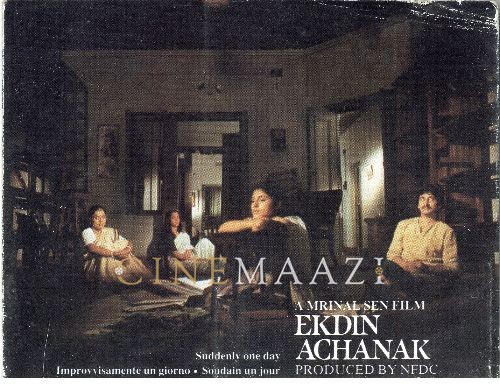
Ek Din Achanak 1989
-

Kotwal Saab 1977
-
Imaan Dharam 1977
-
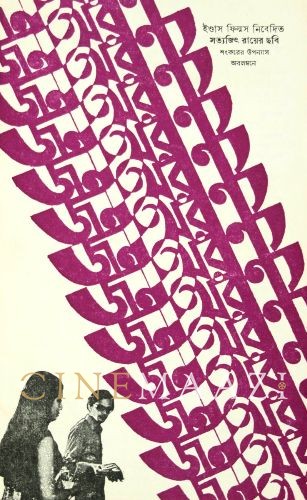
Jana Aranya 1976
-

Jadu Bansha 1974
-
Sagina 1974
-
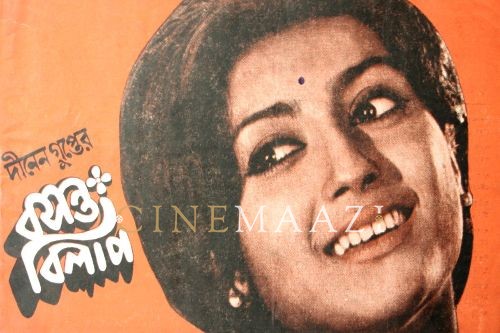
Basanta Bilap 1973
-
Ekhane Pinjar 1971
-
Bombay Talkie 1970
-
Vishwas 1969
-




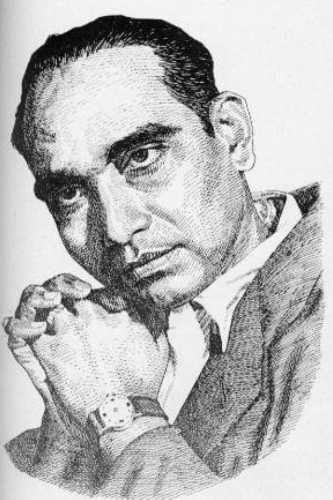
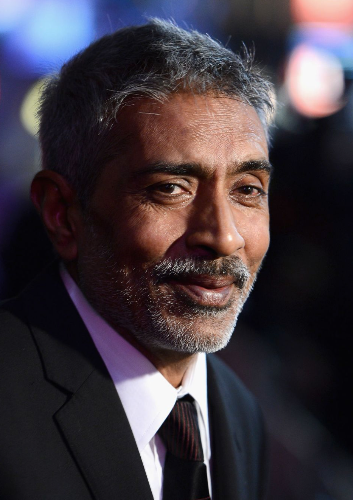

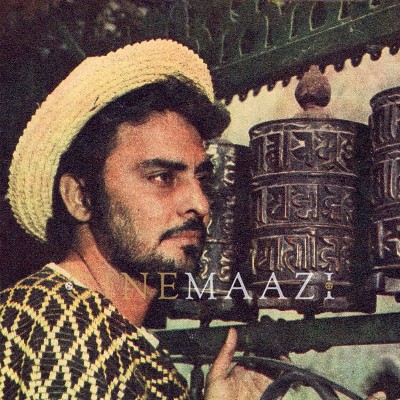

.jpg)



